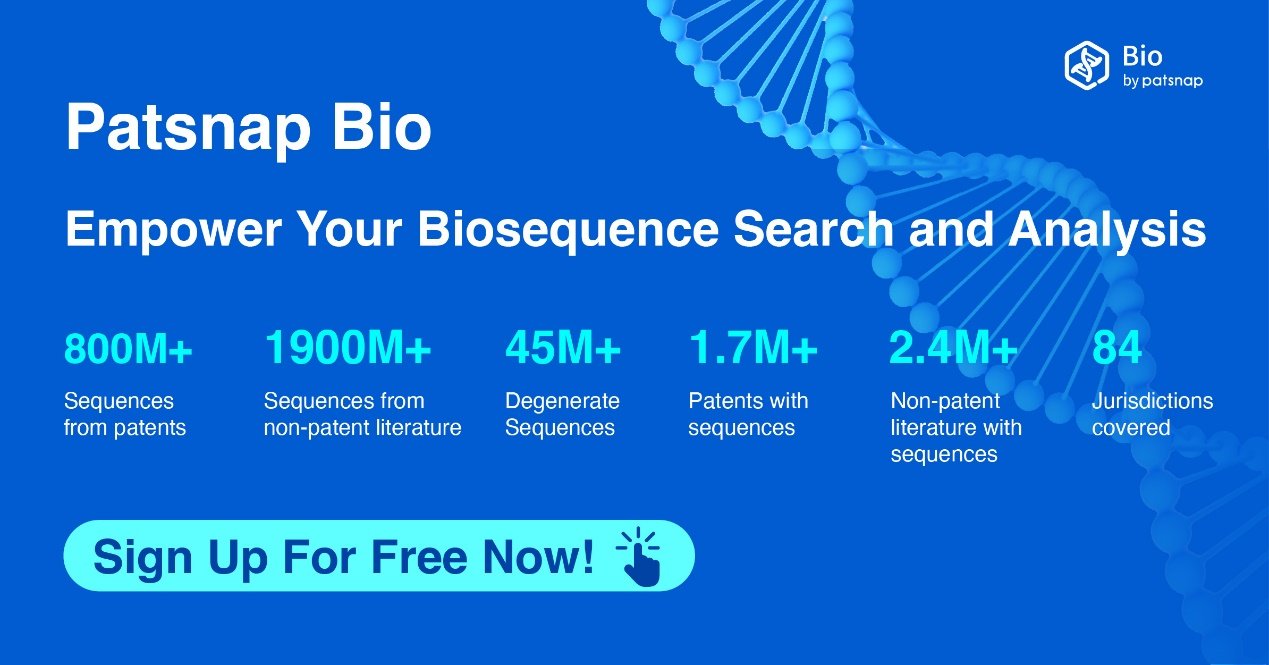Biological Glossary | What is Probe?
A probe, in the scientific context of genomics and molecular biology, refers to a small, single-stranded molecule of DNA or RNA designed for hybridising with a specific section of the genome. This probe is synthesized as a complementary sequence to the part of the genome of interest, facilitating its hybridisation with the target sequence when combined. To enable easy detection and location, probes are commonly modified to either fluoresce or be radioactively labeled. They are utilized in various clinical genomic tests, including fluorescent in situ hybridisation, quantitative PCR, and microarrays. Importantly, probes play a pivotal role in genetic research, allowing scientists to track where the DNA binds in a cell, chromosome, or even in isolated DNA by attaching a label to them. They are instrumental in probing for the presence of specific proteins, screening the genome for abnormalities, and identifying where certain mRNAs are expressed in a cell or tissue.
Free registration is available for the Bio biological sequence database: https://bio-patsnap-com.libproxy1.nus.edu.sg. Act now to expedite your sequence search tasks.




